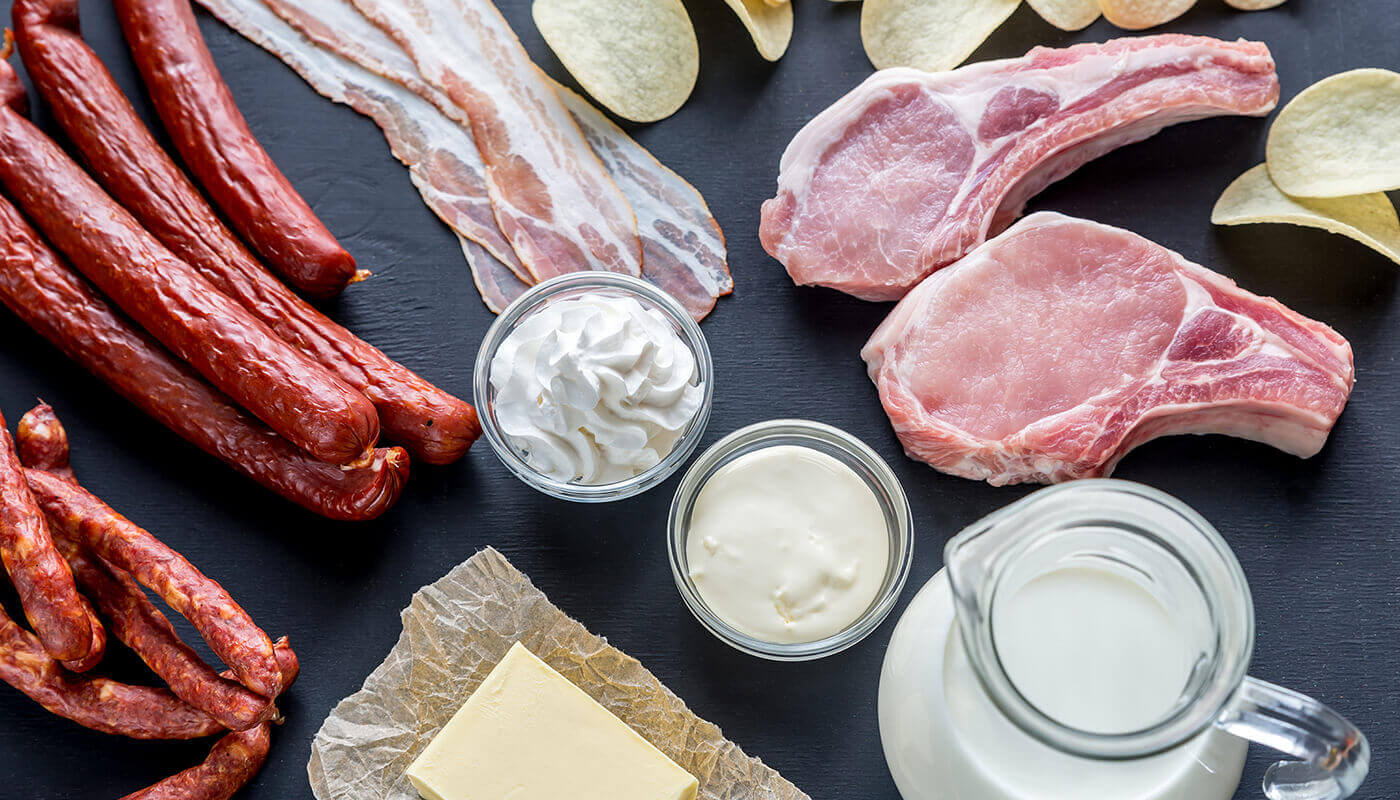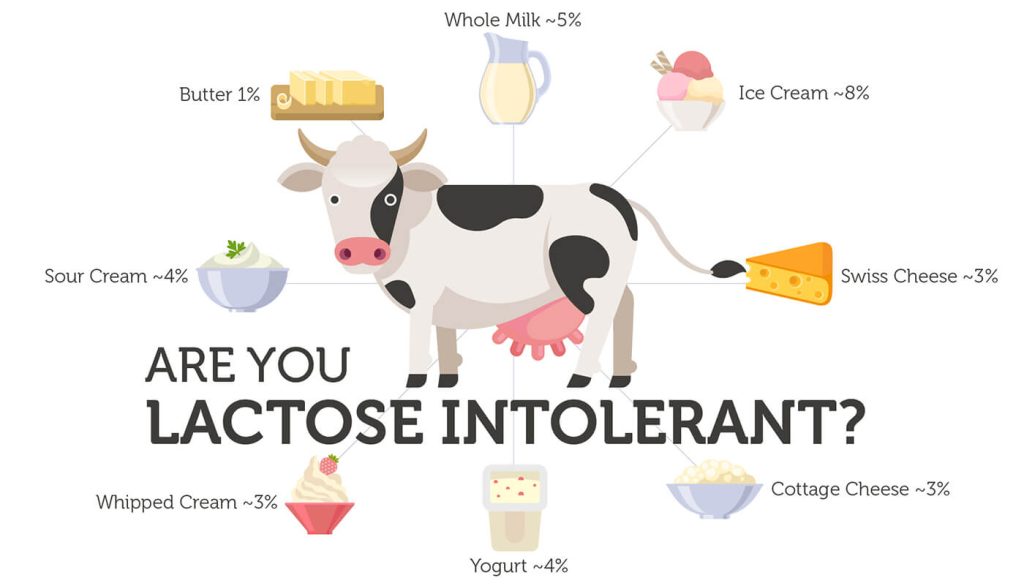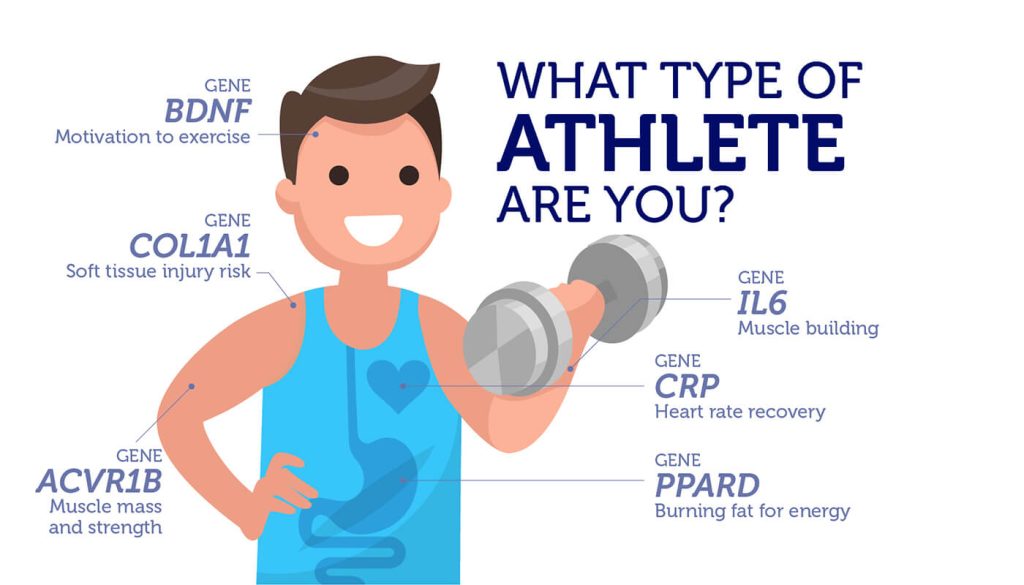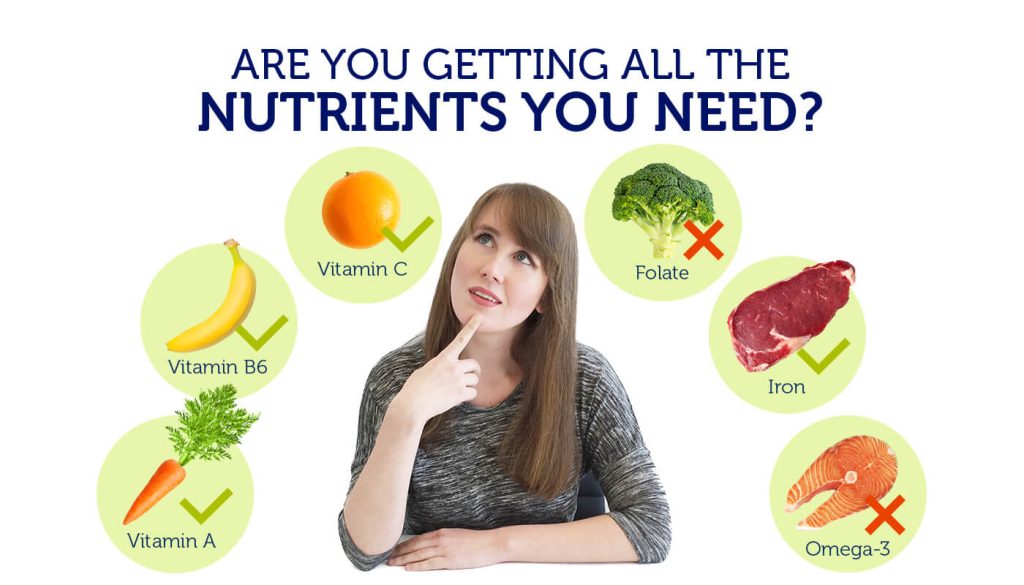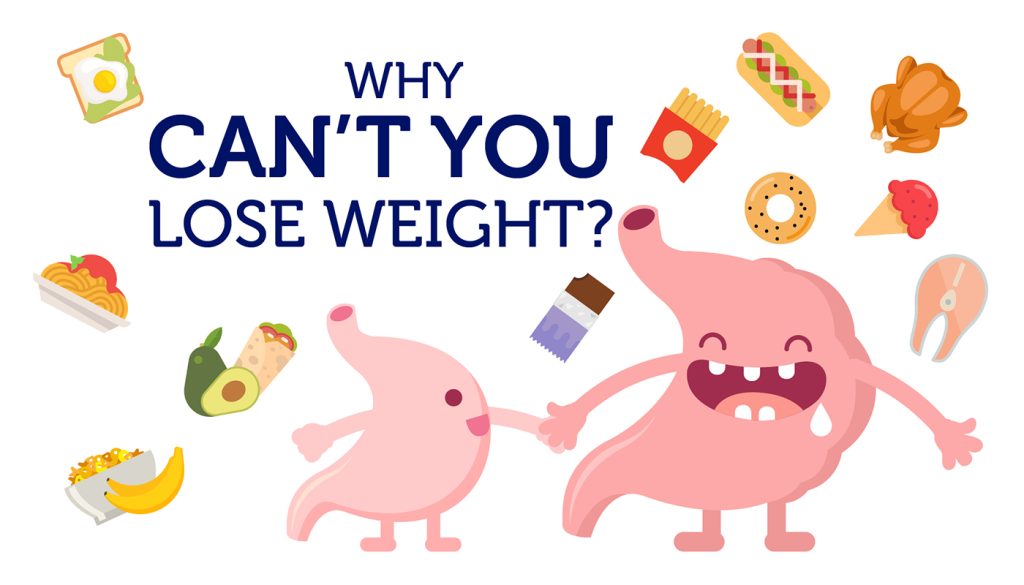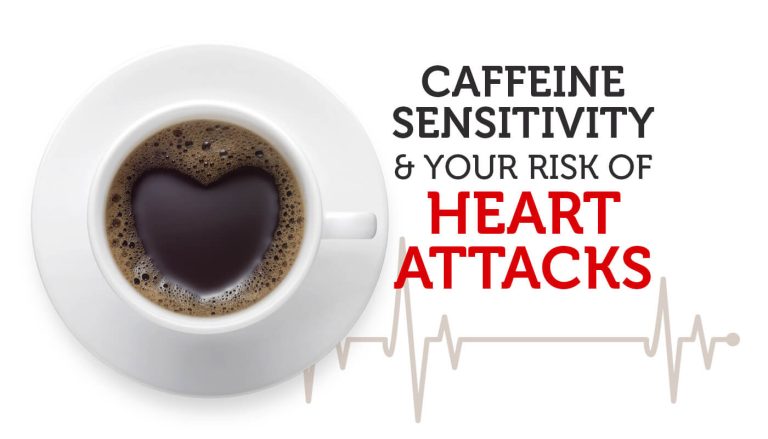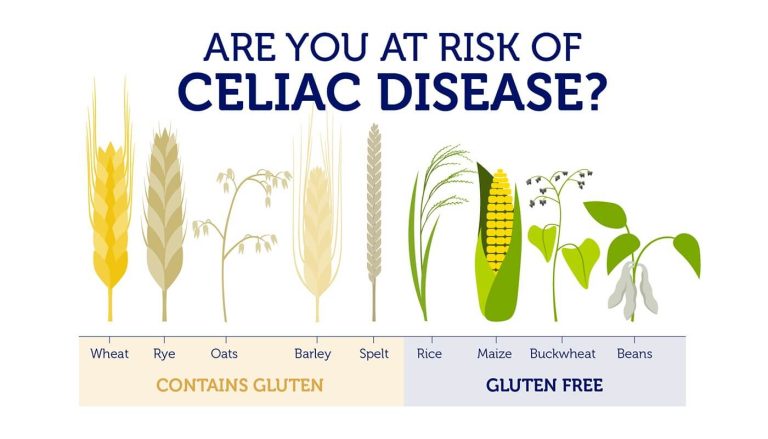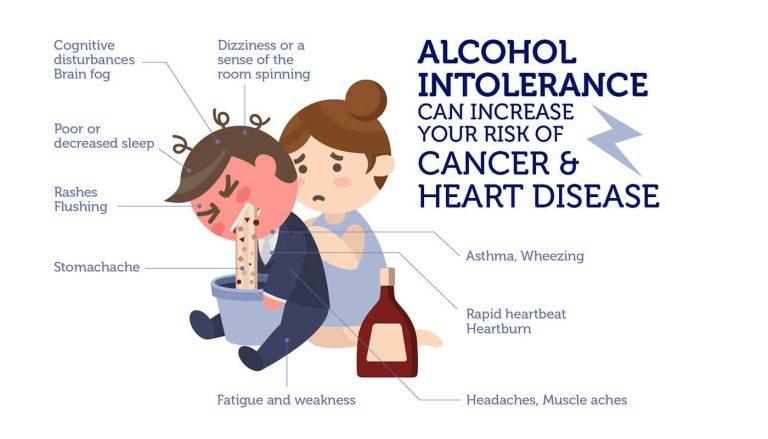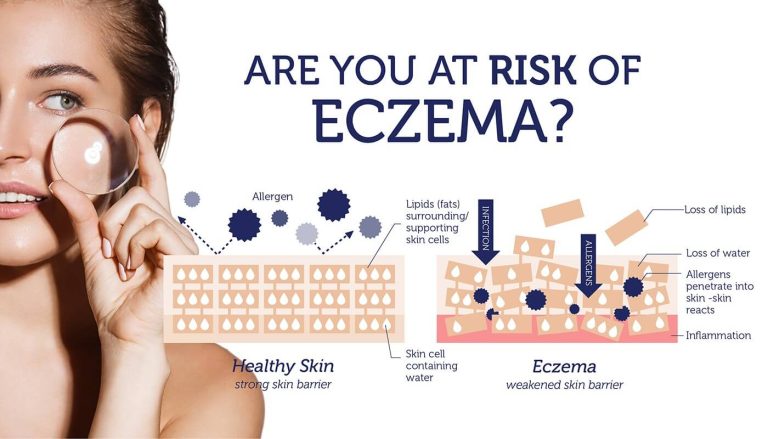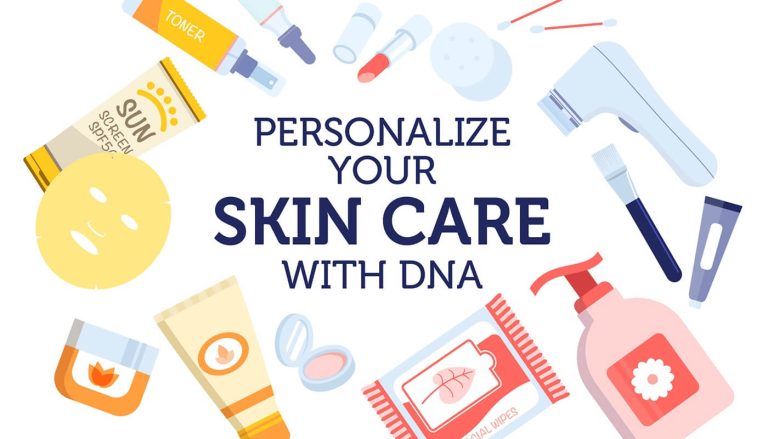Fats are finally getting their comeuppance. For more than two decades we’ve been stressing about eating fat-free, only to realize that low-fat diets are not always beneficial. In fact, fat-free diets can actually promote over-eating because we need to eat more of the low-fat foods before we feel full.
This revelation seems to have spurred on a new philosophy emphasizing the importance of including the so-called “good” fats in our diet. But before you go back to eating full-fat yogurt, bacon and steak, you should know there’s one other factor that can dictate whether you will benefit from including or eliminating dietary fats: Genetics.
Some of us are genetically pre-programmed to tolerate more fat than others. And, when it comes to saturated fats, inheriting a defective version of just one gene, APOA2, can be the difference between whether you carry extra fat around your waist or not.
Different types of fat
Not all fats are equal. Among the worst fats are the trans fats linked to heart disease and other chronic conditions. Fish oils are “good” fats that benefit our health. In the middle of this spectrum are saturated fatty acids. They are linked to high cholesterol levels, cardiovascular disease risk and obesity. But the exact role of saturated fats play in these conditions remain controversial.
Some studies show that replacing saturated fats in your diet with polyunsaturated “good” fats can drastically reduce the risk of cardiovascular disease. But, research also shows that some saturated fatty acids, like those in dark chocolate (stearic acid) and coconut oil (lauric acid), don’t affect cholesterol levels at all. Most experts agree, as with every other component of a balanced diet, saturated fats should be consumed in moderation.
Fat metabolism and APOA2
Fat metabolism is a complicated process, and can often vary from person to person because of genetics. For example, once we consume fatty foods, the fat molecules require special apolipoproteins to make them water-soluble so they can be carried in our blood.
One of these proteins, called apolipoprotein A2, is encoded by the APOA2 gene. People with a version of the APOA2 gene called rs5082 who consume more saturated fats tend to have a higher body mass indices. They are also at an increased risk for obesity. This variant has no impact on the body weight of people who eat a balanced diet.
The precise link between APOA2, saturated fats and obesity is not clear. However, several studies have touched upon a possible explanation.
In one study, people with the altered version of APOA2 were more likely to eat more, engage in behaviors that would hinder weight loss, like skipping meals, and had more of the hunger hormone ghrelin. All of these changes may be attributed to people with rs5082 having less APOA2 protein.
Fats to fit your genes
So, while it may be important to include fats in our diet, some of us need to be more vigilant about the exact types of fat found in our foods. We already know that excessive amounts of saturated fats are bad for our health. If you carry the rs5082 version of APOA2, this risk is further exacerbated.
The good news is, it’s easy enough to moderate this risk. All you need to do is change your eating habits to match your DNA. The DNA Weight Loss Test can get you started on the right track. Know your risk, do something to fix it, live a healthy life – it certainly is just that simple.


